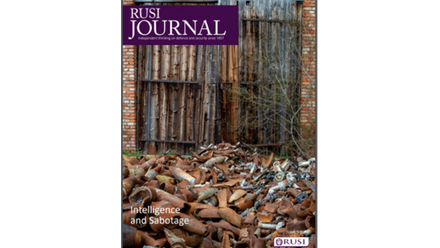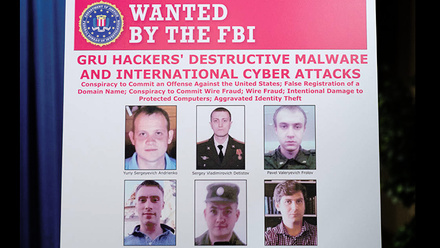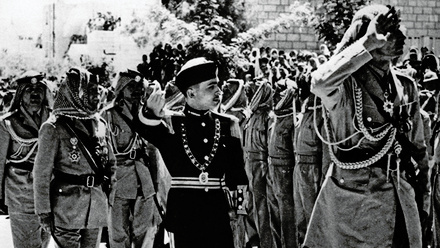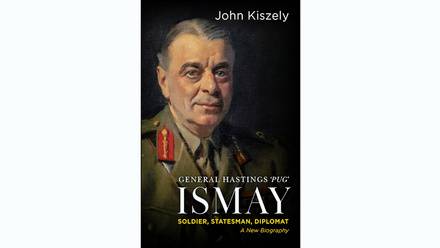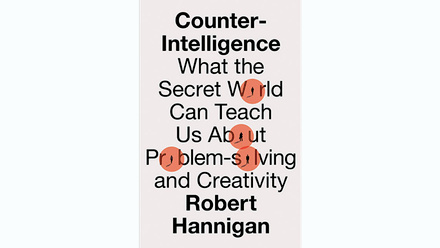Editor's Note
Tensions between the West and Russia over the past decade have resulted in attempts at sabotage and destabilisation across Western countries–some of them well documented, others harder to identify and attribute. While such actions have long been part of a country’s arsenal in moments of heightened tensions even outside of open conflict, today’s economic, social and technological realities can affect both the modes of recruitment and the modes of attack. Recognising and formulating adequate responses to such changes are important for the work of intelligence agencies across the Western world. In this issue of the RUSI Journal, Daniela Richterova, Elena Grossfeld, Magda Long and Patrick Bury look closely at Russian sabotage operations and put forward the proposition to think about them in terms of the ‘gig economy’, as a better way to frame our response. Celia Parker-Vincent and Michael S Goodman take on recent suggestions about the shape of the UK’s intelligence collection agencies, and suggest that while the formal distinction between the existing bodies remains important, their working relationship should be as close as possible to ensure maximum effectiveness.
In a look back to a less scrutinised aspect of the history of conflict in the Middle East, Shaul Bartal recounts the development of the Jordanian National Guard in the run up to the Suez Crisis. But armies are most effective when the strategic and tactical components work together seamlessly: James White looks at military education in the UK, and argues that the existing focus on officers misses an important opportunity to build up a conceptual understanding of warfighting in the lower ranks.
The special feature on geopolitics and AI asks whether theoretical approaches to international relations–and by extension, to our understanding of conflict–can help to make sense of the impact of AI on geopolitics. Given the swathe of attempts to regulate AI, and the parallel debates on norms for the use of AI in the military domain, we ask whether existing theories can provide a useful way to make sense of these technological developments, or whether we need theory at all. Kenneth Payne, Tom F A Watts, Elke Schwarz, Valentina Amuso and Joe Burton provide their takes in a short forum, while Ingvild Bode looks in depth at existing analytical frameworks and assesses their respective–or collective–utility in making sense of a world increasingly permeated by AI technologies.
Dr Emma De Angelis
Editor, RUSI Journal

